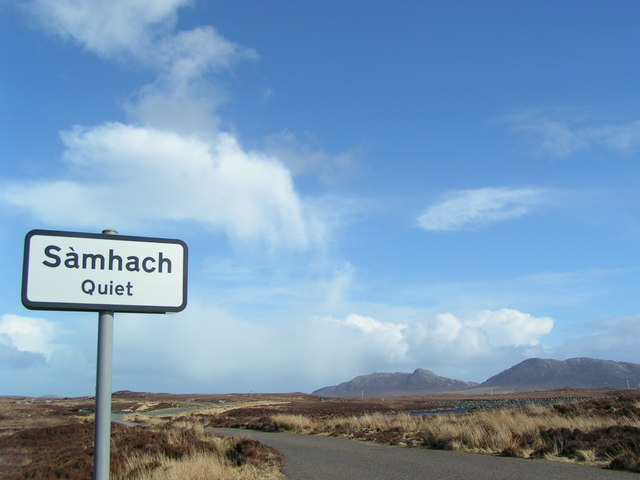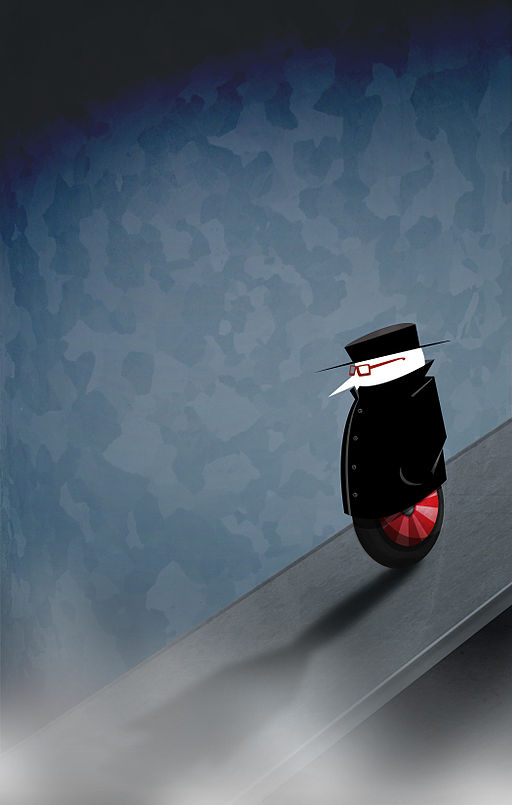What's your secret?
 Thursday, September 19, 2013 at 5:31PM
Thursday, September 19, 2013 at 5:31PM In his book On Writing, Sol Stein urges authors to dig deep into characters’ lives. He suggests that we imagine a photograph our character may have hidden in his or her wallet, a photograph that person doesn’t want to share with the world. An Achilles heel, it reveals a vulnerability that may be masked with denial and lies.
Word count: 433 Reading time: 1-2 minutes
He says the secret doesn’t even have to make it onto the page; it only has to be woven into the character’s identity and motivations. To Stephen Sondheim this unsaid quality must be both clear and mysterious which is a harder balance to strike: Narrative art must be clear, but it must also be mysterious. Something should remain unsaid, something just beyond our understanding, a secret. If it’s only clear, it’s kitsch; if it’s only mysterious (a much easier path), it’s condescending and pretentious and soon monotonous.
Sondheim describes the feeling I have when I close a good book and wish there was someone I could discuss it with. That’s the driving force behind book clubs and sites like goodreads. These groups exist for readers who have sucked through the hard candy coating and sunk their teeth into the soft chewy centre of the Tootsie Roll. The best is yet to come. With unanswered questions and varying perspectives they share and clarify their interpretations of stories. Writers who want to attract strong readers must offer complex characters and plots that will stand up to this scrutiny.
Can’t think of any good clues to your character’s behaviour? Visit Post Secret, a community mail art project where you can read what people willingly offer for public contemplation. It features handmade postcards that express people’s hidden longings, fears, and confessions in eloquent language and images.
Recent examples:
- I’m thankful for the difficult people in my life. They have showed me exactly who I don’t want to be
- I speak English….bitch (written over images of cleaning tools: mop, bucket, scrub brush)
- some of my best traits have terrifying origins
- come home (around the picture of a pretty young woman)
- my family would be shocked to know I am a grandma with a secret life. I’m having a long time lesbian affair with my best friend
You don’t have to copy what you find on Post Secret but these bared souls may stir the creative juices. Perhaps an element of your character’s hidden life is waiting to be discovered there.
What secrets do you know about your current characters? What are they hiding from the world? How does it manifest itself in their behaviour?
***
Photo from: Wikimedia Commons




